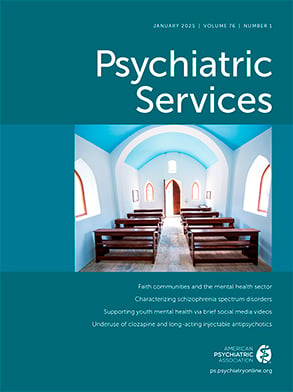As human beings we have a unique capacity of making meaning of information we take in and forming representations of our mental states. In doing so, we label our emotions and think about the desires and intentions of ourselves and others. The process of thinking about thinking, defined in simple terms, is known as metacognition. It is a uniquely human capacity, one that is necessary for a successful adaptation in our dynamic social world. As awareness of the process of metacognition has grown, so have considerations of its deficits in relationship to various forms of psychopathology, such as autism. In the 1990s, the possibility of deficits in the metacognitive capacity of adults with serious mental disorders was examined, which led to an explosion in metacognition literature. These efforts involved a variety of research methods and foci.
The editors of Metacognition and Severe Adult Mental Disorders present an overview of these research findings, emerging theoretical issues, and implications for clinical practice. Both Dr. Dimaggio and Dr. Lysaker have extensive research and clinical expertise in personality disorders and in the development of metacognitive capacity through individual psychotherapy for persons with schizophrenia, respectively. They have assembled a group of international contributors to provide chapters that look at the role of metacognitive deficits in schizophrenia, depression, alexithymia, personality disorders, and trauma-related disorders and that present ideas for psychotherapeutic treatment and future research in this field.
The book starts with a detailed introduction arguing that the concept of metacognition is central to the psychopathology of many severe mental disorders and concludes by summarizing the suggestions of the chapter authors and pointing to future research questions.
The book is divided into three parts. Part 1 covers how metacognitive deficits may arise, their social and neurocognitive bases, and developmental origins of metacognitve disorders among adults. Part 2 examines the psychopathology of metacognition in various adult mental disorders, and part 3 explores whether specific deficits in metacognition might help us understand differing forms of severe mental illness and discusses clinical implications in general and as applied to various mental disorders and psychotherapies.
Although this book is written on a premise of metacognition as an umbrella concept, chapter authors use their preferred terminology, which includes different concepts that help to make sense of mental states in a variety of ways: theory of mind, mentalizing, social cognition, social understanding, and mind reading or psychological mindedness are all spokes of the metacognition wheel. Metacognition as conceptualized in this book operates across a number of semi-independent domains. These domains differ according to the subject that is the focus of each particular metacognitive act. Hence the collection of different concepts by contributors with diverse expertise aids in understanding metacognition as a central concept and metacognitive deficits as resulting in specific mental disorders.
The varying perspectives presented in this book provide material for researchers and academicians more so than for clinicians to derive testable hypotheses and to stimulate future research in this field, which is clearly needed in order to improve our understanding of psychopathology and to enhance treatment strategies.
The reviewers report no competing interests.

